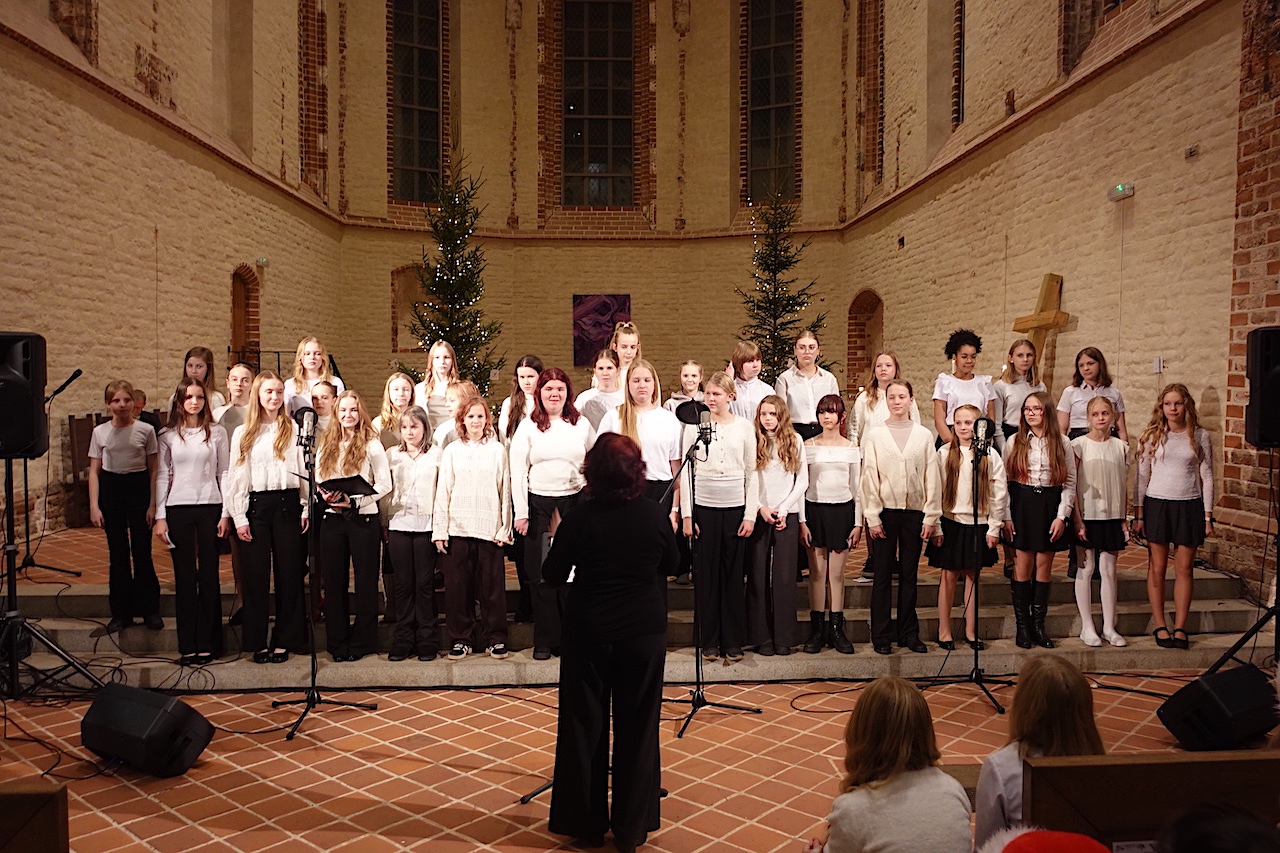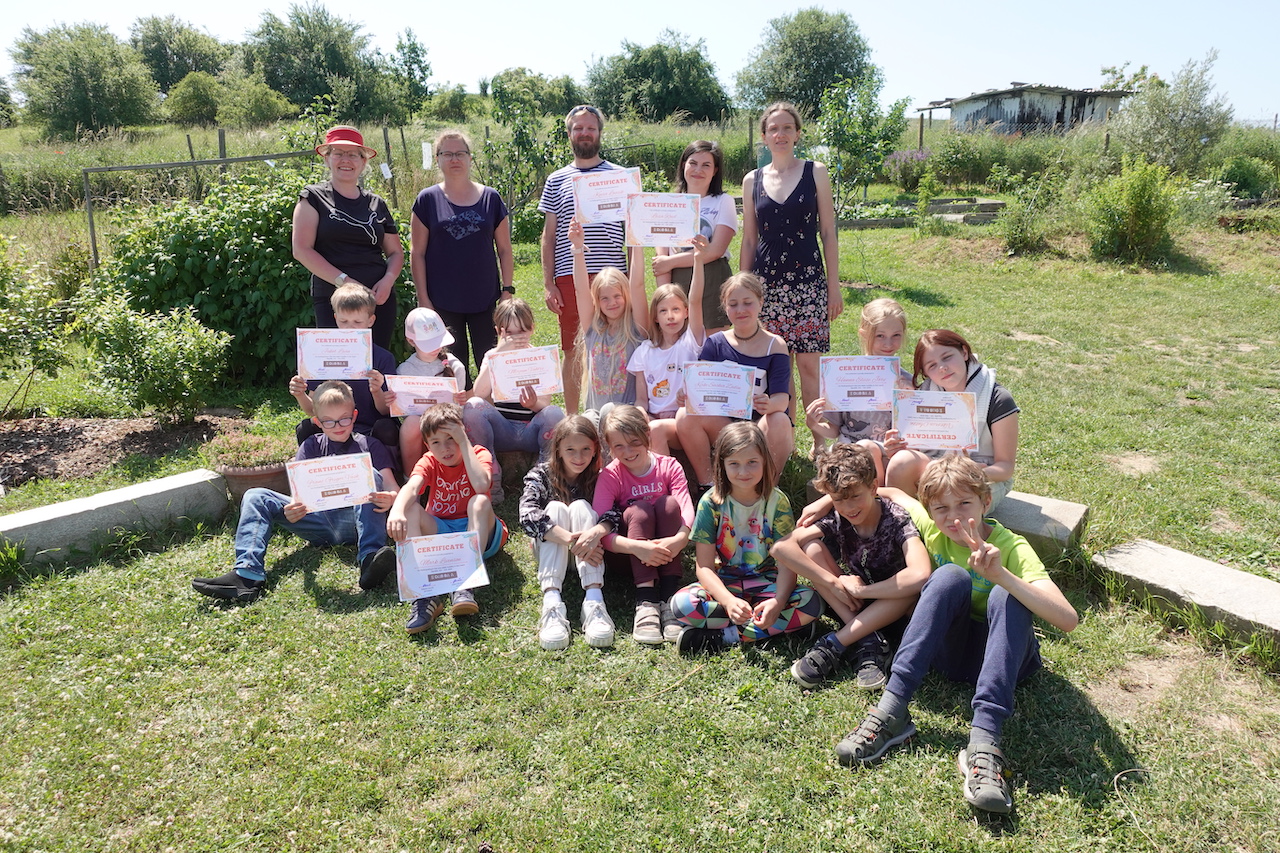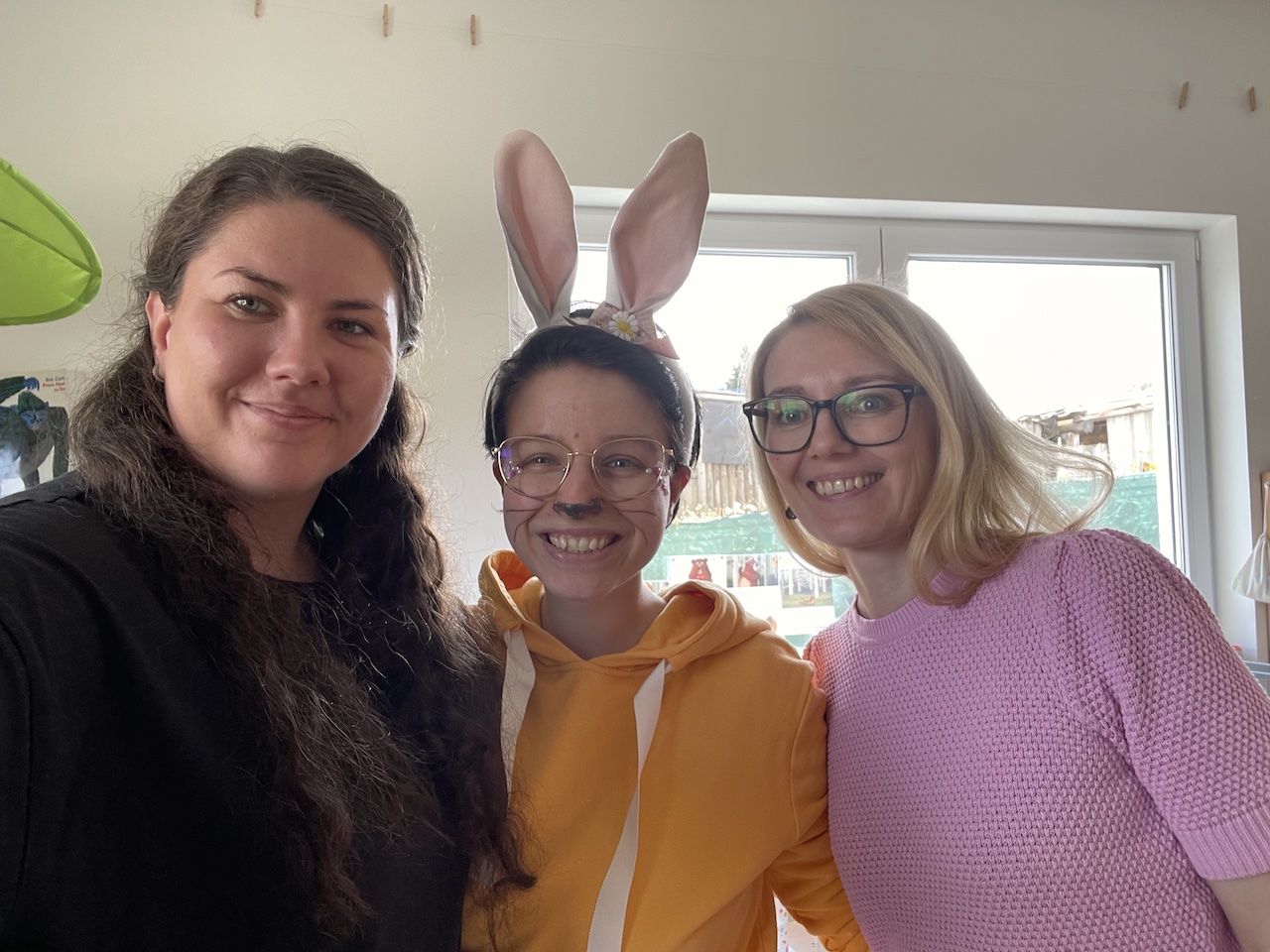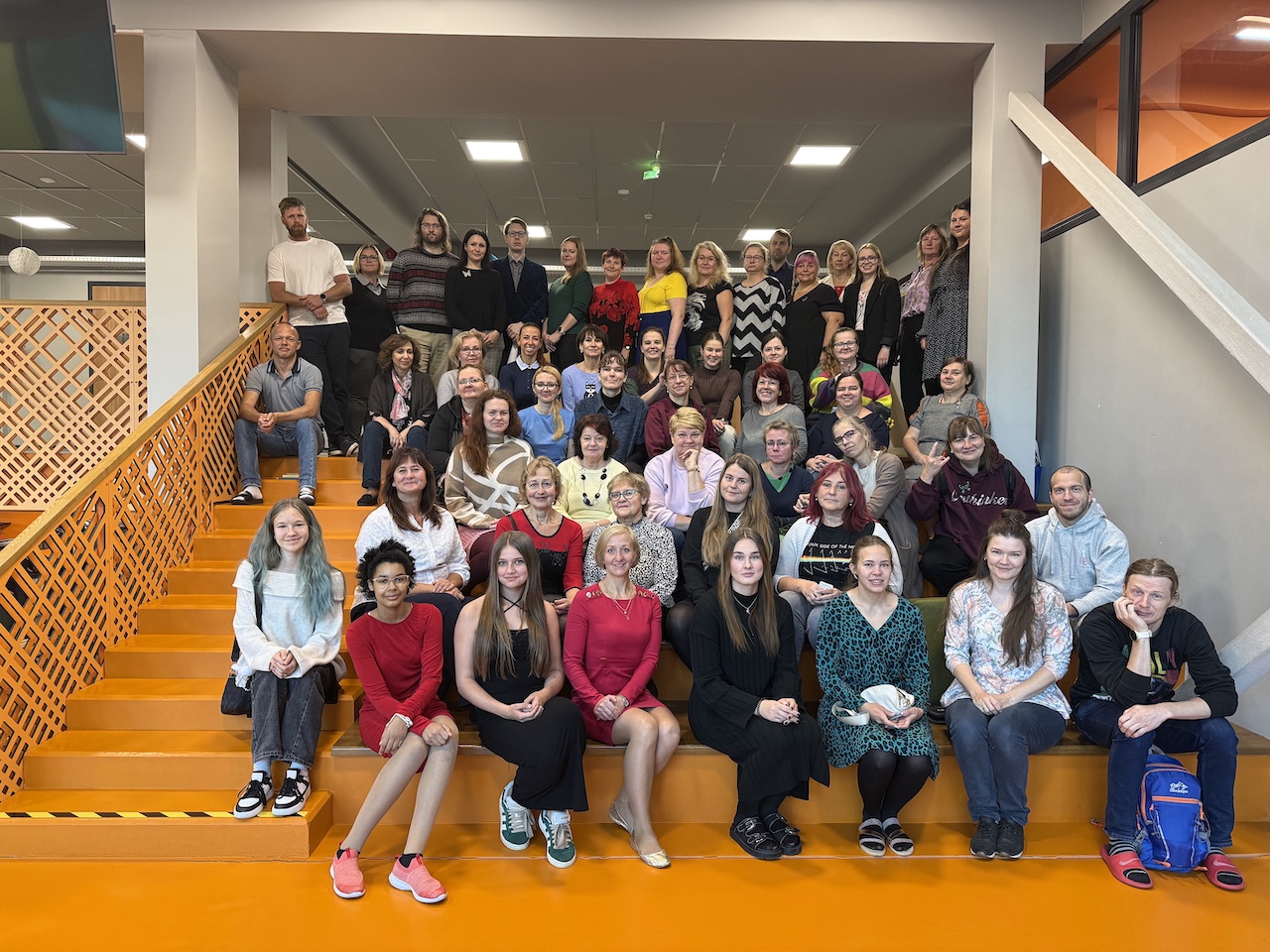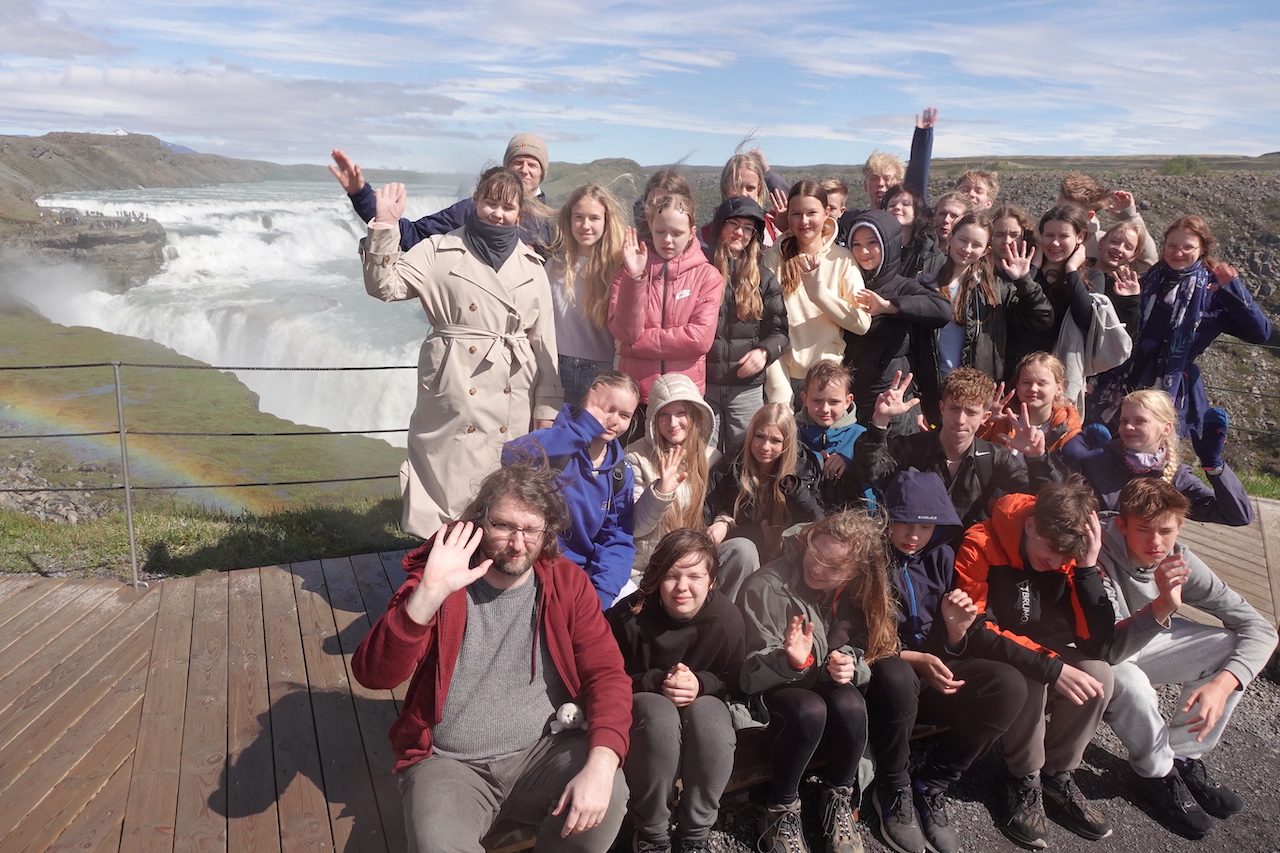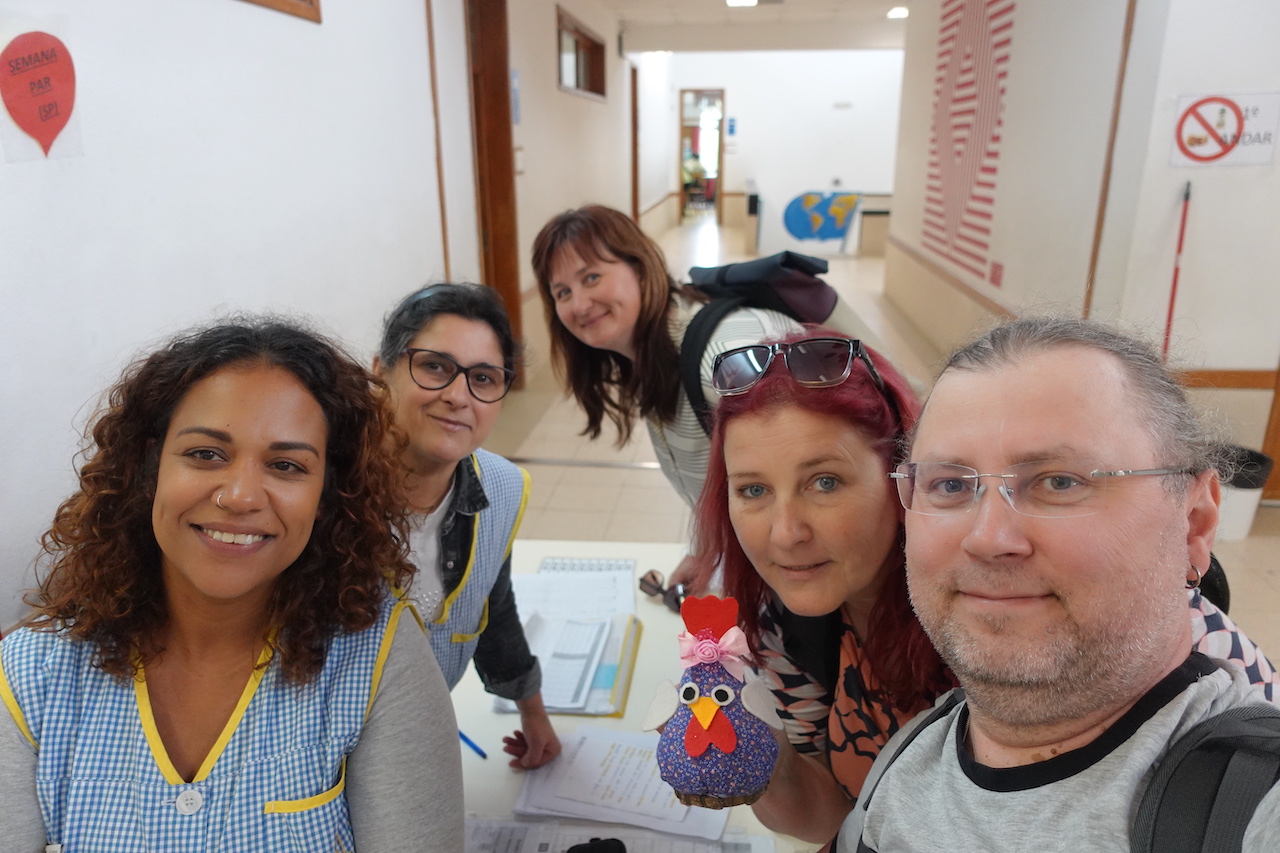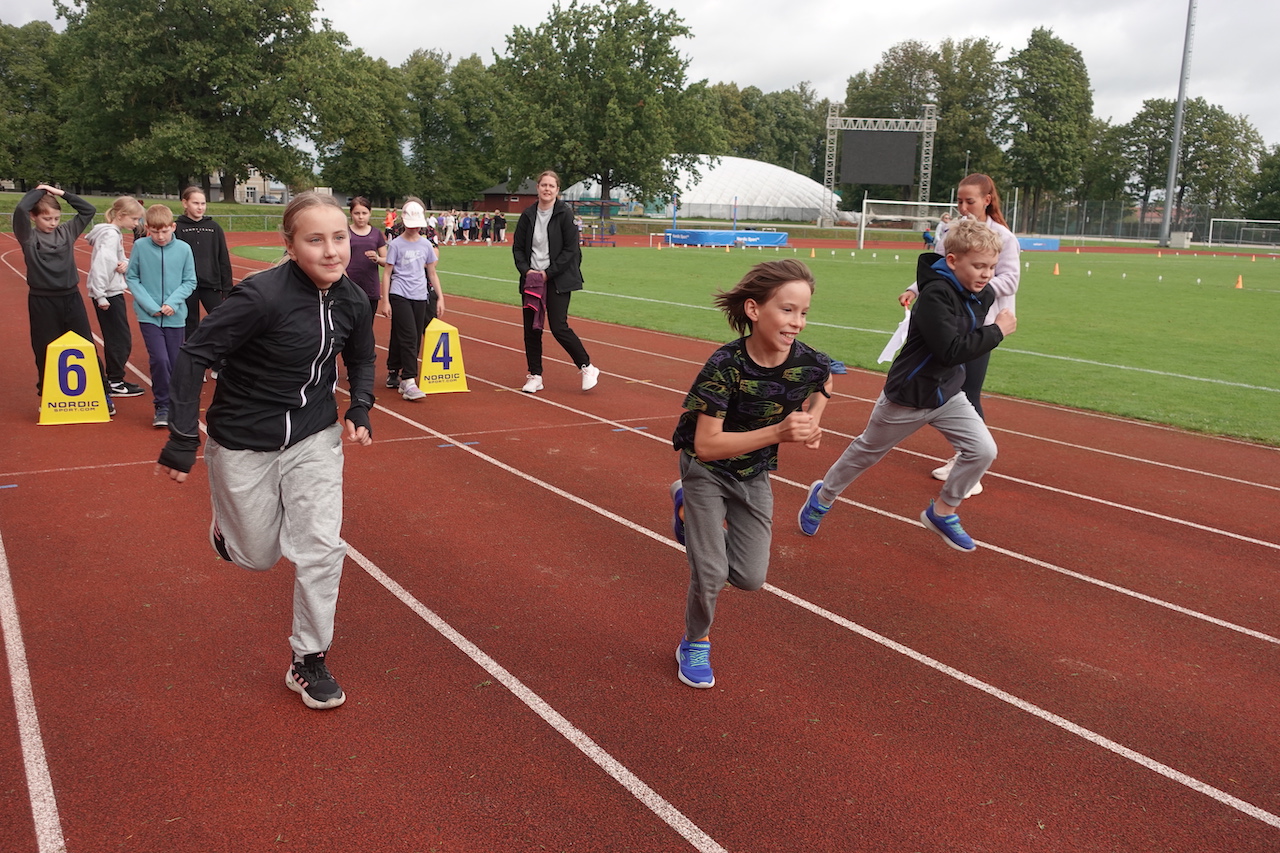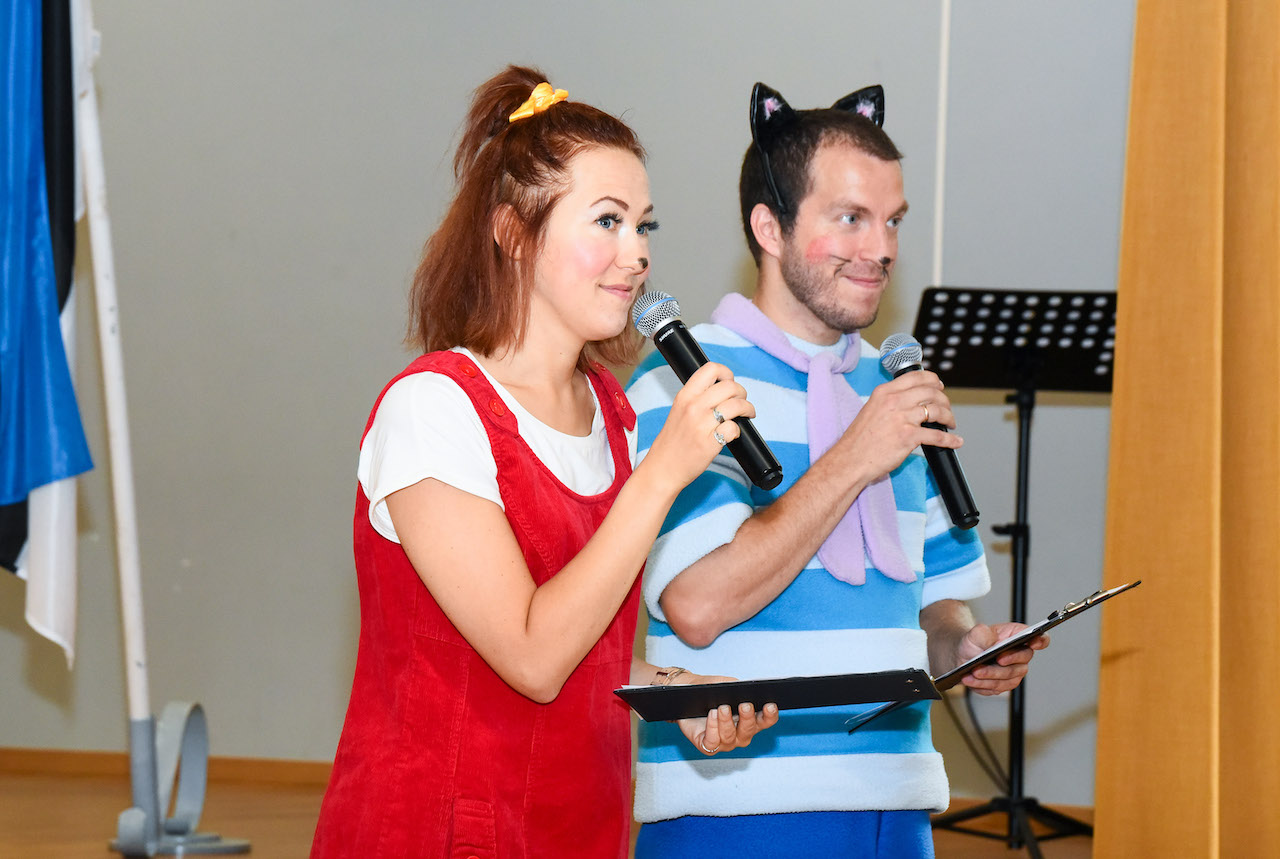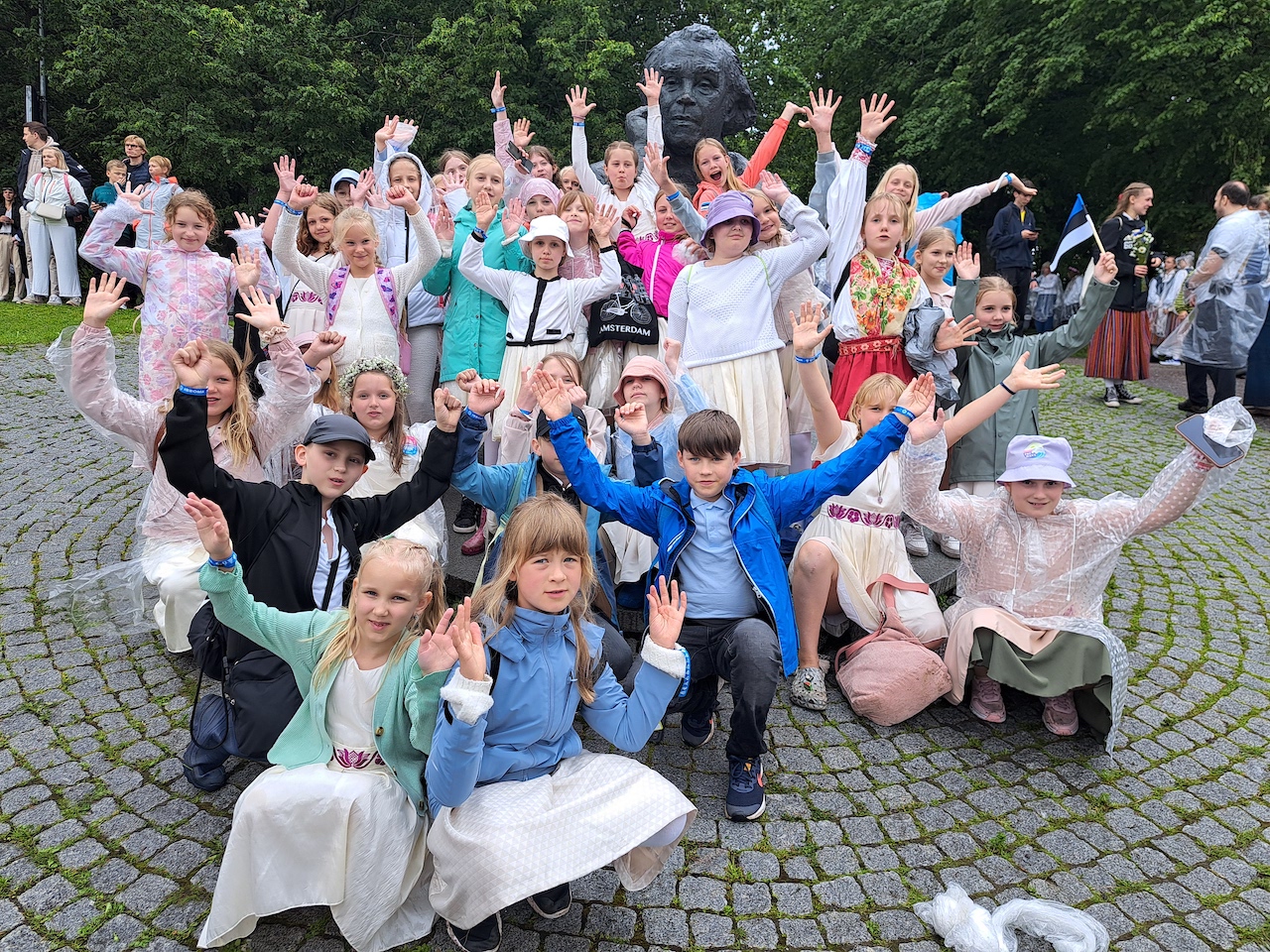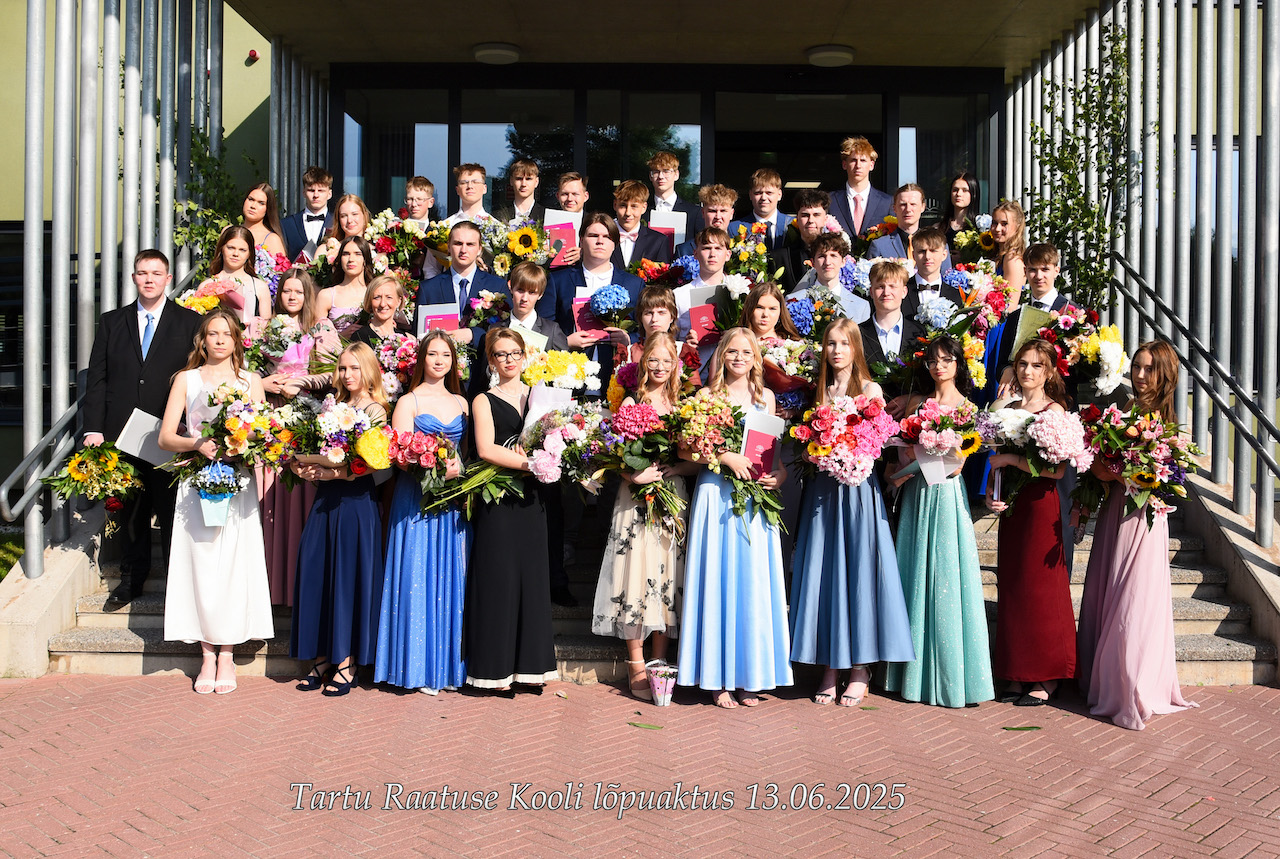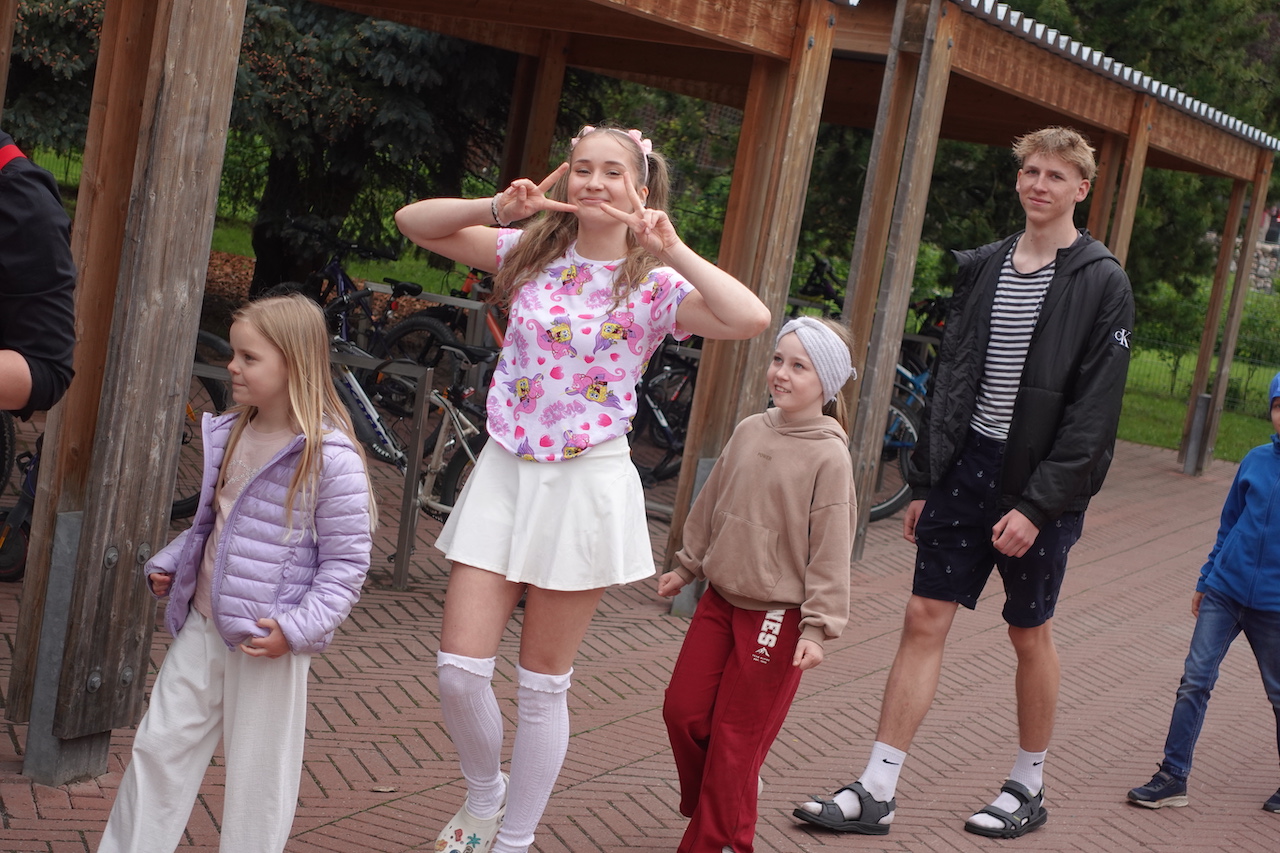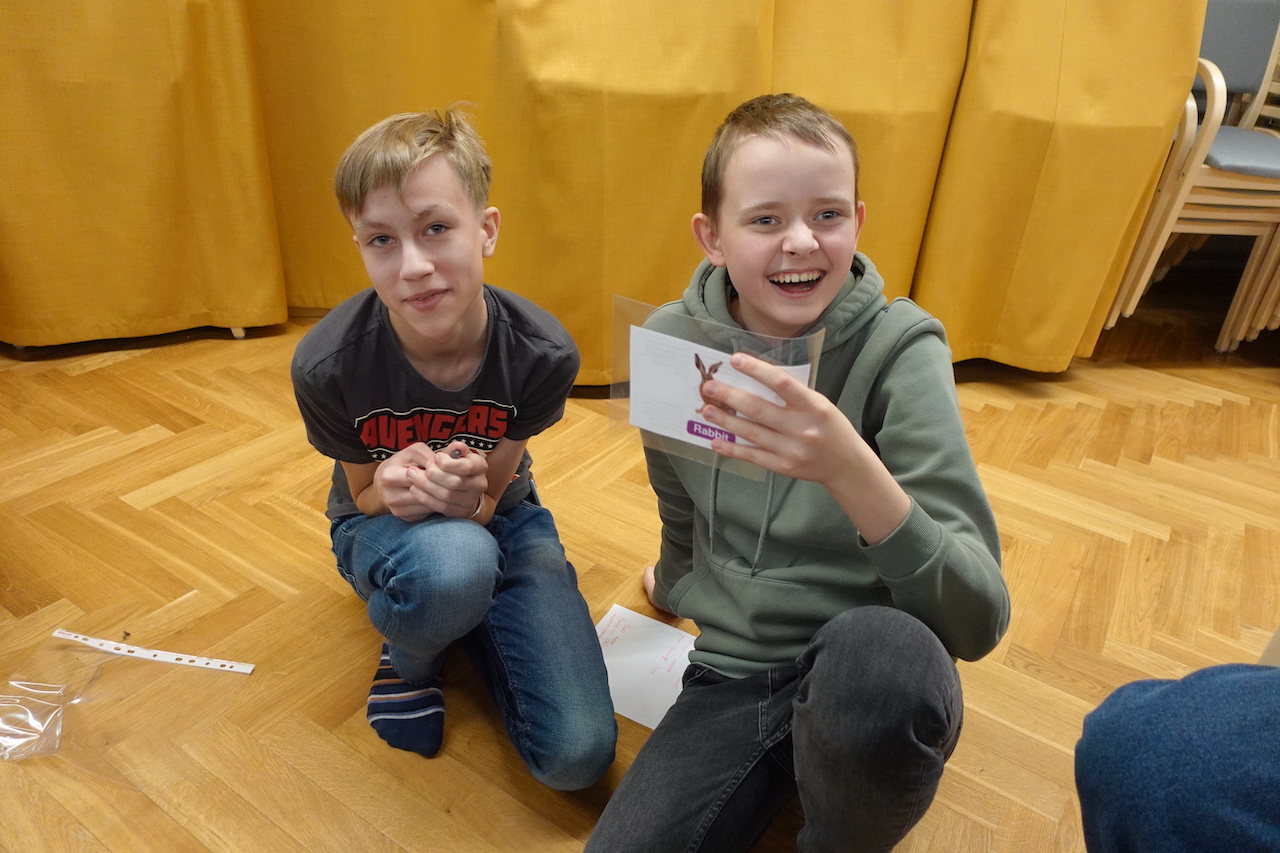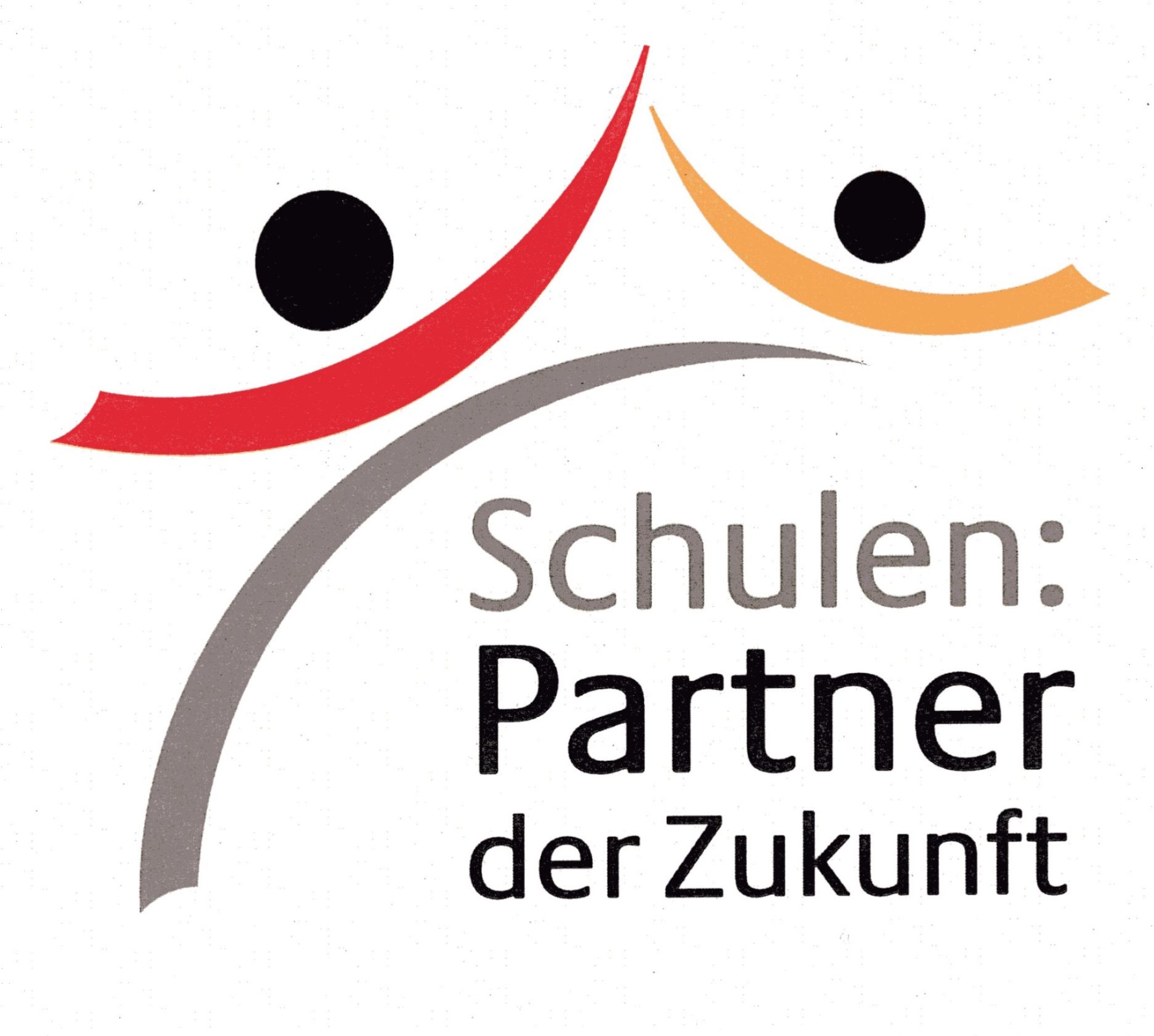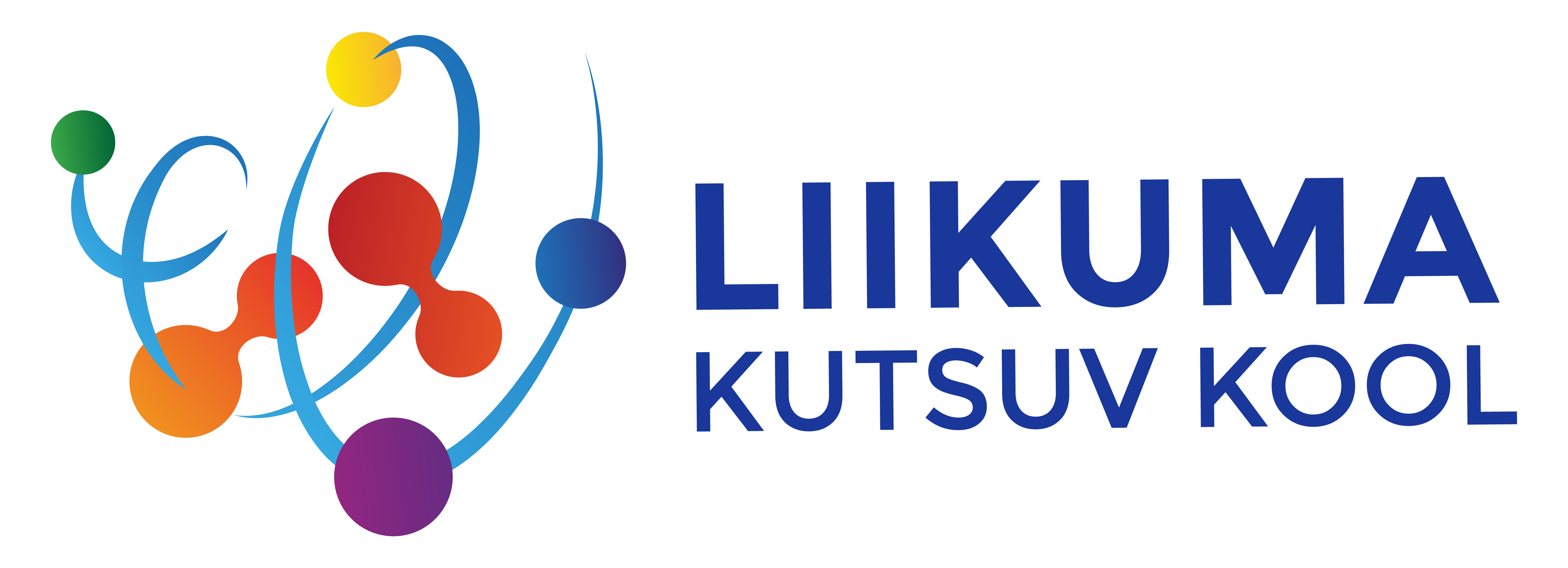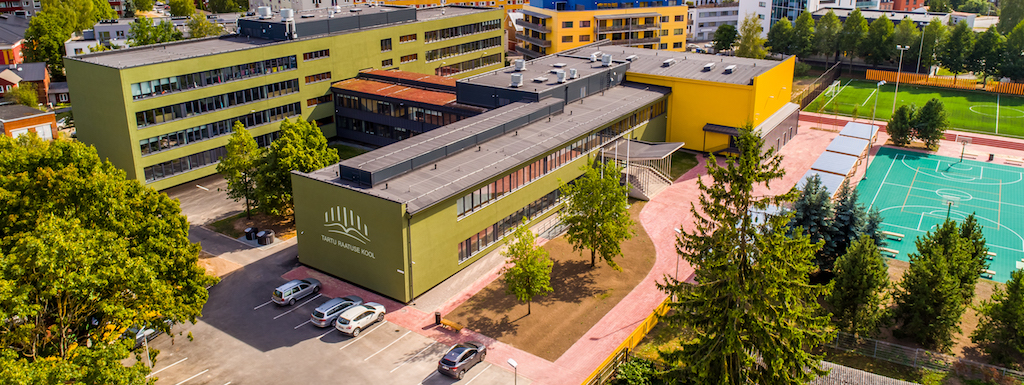
The history of Tartu Raatuse School dates back to September 15th 1919 when Tartu Girls' Gymnasium started its work at 2 Riia street. Markus Univer was appointed the headmaster of the first municipal gymnasium.
In 1934 the school was renamed Tartu Second Gymnasium. In the year 1940 gymnasiums were arranged for secondary schools in Estonia and the school became known as Tartu Secondary School No 2.
Due to World War II the building was used by military units and teaching was carried out in the rooms of Tartu Secondary School No 1. In 1944 the building was destroyed by fire.
In 1944 the school was renamed Tartu Secondary School No 3 and it carried that name till 1997. For short time, in years 1965-1969 the school was also known as Tartu Eight-Year school No 3. During that period the school operated in Salme and Puiestee Street. The present schoolhouse in Raatuse street was completed in 1973.
May 1st 1997 the school was named Tartu Raatuse Gymnasium. From September 1997 to June 2001 several subjects were taught in German and the graduates got a good starting point to apply to universities in Germany. The German department was run by German teachers.
On September 1st 2013, Tartu’s school network was restructured. Tartu Raatuse Gymnasium was officially reformed a basic school and renamed Tartu Raatuse School. Thus, from that on our students can acquire basic education up until the ninth grade.
In 2016 Tartu Raatuse School got funding from the EU and Tartu for renovating the schoolhouse. The school moved onto substitute grounds for a whole school year. In 2018 the staff and pupils were handed over a completely renovated building that currently houses approximately 550 pupils, 50 teachers, and numerous staff members, including a speech therapist, a social teacher, a psychologist, a specialist of learning difficulties, and a school nurse.
From 2018, the school has been divided into three departments – I (years 1-3), II (years 4-6), and III (years 7-9). Each department has its own Head of Department who is also a board member. Untraditionally, we start the school day at 8.30 (from 2017). The school has a canteen with its professional team that provides high-quality school lunches which are well-approved among the people in and out of our school. Via ARNO system children can choose to have porridge before the lessons begin.
Tartu Raatuse School provides English or German language learning from the first grade. From year 4 pupils can choose between English, Russian, and German. From year 7 they can take up Spanish. In 2019 Tartu Raatuse School cooperates with Tartu Pushkin’s School in a Russian language project involving year 4 pupils from both schools. Year 2 pupils have regular swimming lessons at Aura.
The school provides variety of after school activities including sport, music, arts, crafts, drama club, programming, chess, creative writing etc. In the autumn 2013 the robotics lab was started. In 2018 drama lessons and extra movement were included into the curriculum. Classes are not only run in the classroom but they are also taken outdoors to offer children support in developing practical skills and broadening their minds.
Not using a traditional grading system in years 1-6 has been well received both by the parents and children. They get oral and written feedback on the child's personal development, skills, and knowledge in different subjects. From 2018, pupils have been divided into learning-style based study groups in Math, English, and Estonian.
Our teachers organize various thrilling activities to younger students. For example, the interactive quizz Mõtteragin, that is also meant for students from other schools in town and in the county, or reading nights that give a chance to meet well-known writers and participate in different discussions and workshops.
To teach children how to be part of a community and to see themselves as valued member, the school has several all-school traditions. Certain ritual ceremonies have been followed, for example, Autumn Sports Day, Spring and Christmas Concert, Ceremonial Reception for the Best, Singing Competition, Valentine’s Day week, Karaoke events, Excursion for students who have stood out at competitions and contests, The Person of the Month award.
From 2018, teachers gather every Tuesday for cooperation to organize events/prepare lessons or e-study days, and every Thursday for workshops to introduce something useful to others. The workshops are coordinated by I, II, and III Department.
Our pupils are continuously successful with academic achievements and representing the school in different contests and events. They have a great chance to participate in international and national projects which give them an opportunity to take part in the events in the events in their own school and also widen their minds and experience while visiting other cultures all over Europe and even further.
The school is continuously working toward finding new opportunities to make studying more challenging through new different projects. The project days in October 2013, which took place for the first time, gave students freedom to choose and participate in almost 100 different workshops within 2 days. Since then, regular city-funded project weeks have been organized each year, involving teachers, other staff members, and people from outside the organization.
Tartu Raatuse School enrolled in the students' exchange programme VeniVidiVici among Estonian schools in 2012. In autumn 2013, individual pupils' mobility with Italian partner from Torino was started. In 2014, international cooperation between the Nordplus Junior Programme and our primary school was established for the first time. We are also very active in Erasmus+ projects.
In year 2019 we reached the point of having 8 actively running international projects at the same time, reaching the highest number among all Estonian basic schools.
The timeline of Tartu Raatuse School goes full speed ahead.





